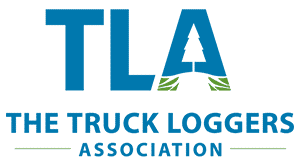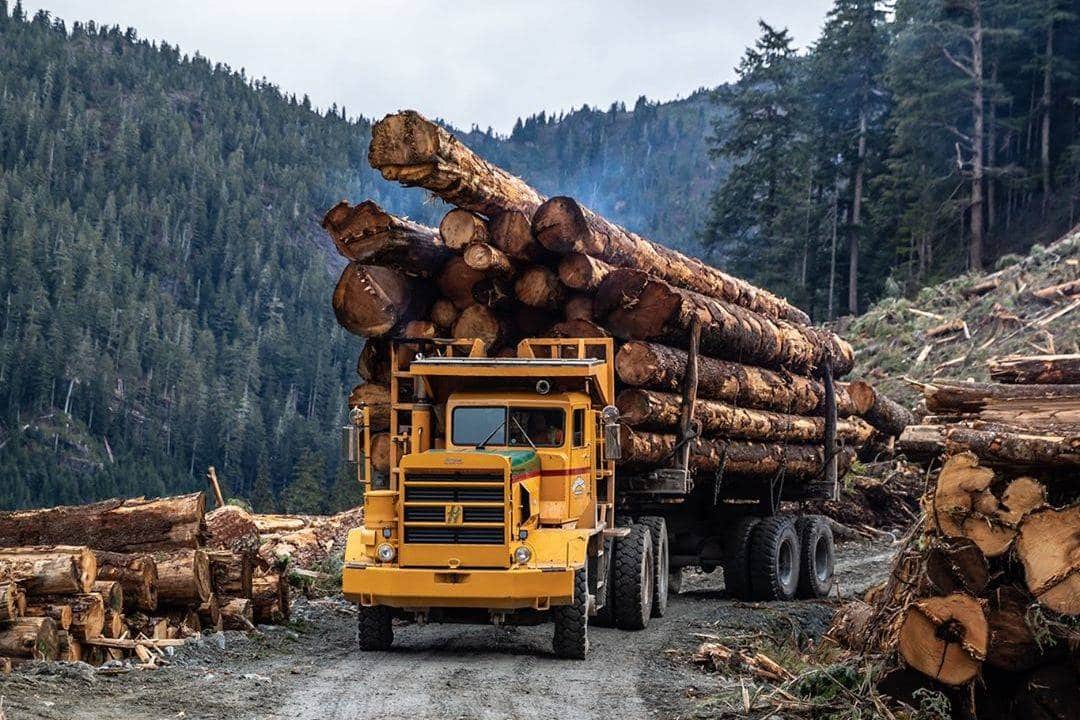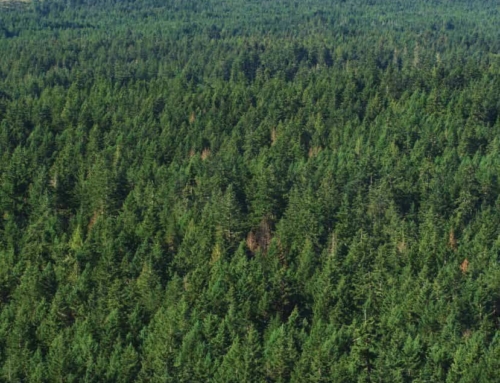STANDING TALL: For some, B.C.’s forest industry is the best office in the world
Tens of thousands of people and more than 100 communities in British Columbia depend on a single industry for their livelihood – forestry.
WorkBC estimates the industry employs 54,000 people, or 2.1 per cent of B.C.’s workforce, in diverse jobs from logging and forest management to skilled trades and manufacturing. Including work indirectly tied to the sector, those numbers rise to 140,000 jobs – or one in 17 provincial jobs – according to The Council of Forest Industries.
Behind the statistics are workers who are proud of forestry. Many remain hopeful, despite mill curtailments and closures creating waves of unemployment and province-wide uncertainty. Reporter Kristen Holliday highlights stories from people within the industry. They reflect on challenges and achievements, changes in their communities, and expectations for the future.
Careers and livelihoods are built out of B.C.’s working forests, just as the raw materials construct buildings, produce goods and feed the economy.
The federal government reports B.C. produces nearly half of Canada’s wood. According to the provincial government, forest products represented 27 per cent of the province’s exports in 2019, worth $12 billion.
However, several factors have caused this powerful economic engine to sputter.
Susan Yurkovich, president and CEO of the Council of Forest Industries, identifies a trade dispute with the U.S., declining cut, and high stumpage fees as major challenges.
High costs make it hard to earn a reasonable return.
“If we can’t do that in a way that’s economic, then communities and workers are impacted,” Yurkovich says.
For the owner of Squamish-based logging company Skytech Yarding, the current climate is reminiscent of industry struggles during the mid-2000s financial crisis.
After years in the industry, Brian Elesko temporarily left in 2006 to work in construction, mainly in the city.
“Too many people, not enough trees. I grew up in a small Interior community, and we spent our life outdoors. So it was very hard to go from one to the other.”
At age 12, Elesko washed and greased logging trucks for his father. By 17, he began working a chainsaw, soon moved to hauling logs, and then driving trucks himself.
Now, as owner of Skytech, Elesko spends most working hours in the bush with his crew. The job requires hands-on work and focus in constantly changing environments.
For each area designated for tree harvest – called a cutblock – Elesko avoids environmentally sensitive areas, like bear dens and owl habitats. He considers terrain, weather and other variables.
Elesko says it’s difficult when sudden stumpage increases send him “scrambling” to find a more financially feasible area to log.
Skytech’s diverse contracts allow them to ride out rough times, but not all companies are faring as well. Some sold equipment, others declared bankruptcy.
Barry Simpson, a contractor who has worked with Elesko, assesses timber through his business, Oceanview Forest Products. Currently employed by Lil’wat Forestry Ventures in the Mount Currie area, Simpson calculates potential profits from cutblocks.
He says high stumpage fees have stopped them from logging 50 per cent of their allotted forest land.
Typically cutting up to 80,000 metres of timber per year for Lil’wat, Simpson says even before the COVID-19 pandemic, they were able to cut only 40,000, which in turn reduced employment by half.
“If they don’t do something with the stumpage system soon, we won’t be logging in the fall.”
Even with this frustration, Simpson says he loves being outside, walking through the cutblocks, and working in constantly changing environments.
“I’m almost 70 years old, and I’m still doing it, and I’m not doing it because I don’t have the money. I absolutely love what I do,” he says.
Small companies like Skytech and Oceanview are common. A 2016 BC Chamber of Commerce report found that 83 per cent of forestry businesses employ under 20 people.
Bob Brash, executive director of the Truck Loggers Association, says smaller contractors can be nimble during an industry decline, but difficulties compound when wood is expensive to harvest and the mill demand for logs decreases.
Robert and Gladys Michell, former owners of Selkin Logging, sold their business last July. After 30 years working in the Fraser Lake area and facing an increasingly challenging economy, the couple was ready for retirement.
Robert Michell started in the industry running a skidder and driving logging trucks. Over time, he bought machinery until he could start his own company.
“Robert would buy a piece of equipment, and I would be terrified, because I’m seeing the numbers,” said Gladys, who did the bookkeeping.
“He would just say, ‘You know what, let’s just do it, you only have one opportunity in your life’ … and we grew.”
The Michells focused on employing First Nation workers, winning two awards for their efforts in 2019.
Robert worked in the bush with his crew, building relationships.
“You get to see some of the changes in their life through going to work. I think that was the biggest part, to watch people grow and become successful.”
The main frustration was shrinking profit margins. Robert also anticipated an increase in remote camp work, knowing it would be difficult for some workers to be away from families.
“The fibre basket is getting further and further away. That too played a role in what we were going to do.”
Gladys says telling the crew about their decision to sell the company was “the hardest thing we ever had to do.
“A lot of them still stay in touch with us. They talk about how much fun they had.”
Walter Ward, a contractor for the Stellat’en First Nation and former logging truck driver for the Michells, says he had the best office in the world. He enjoyed mountain views and the quietness of the bush, although he’s now taking a break from the fatigue of years on a tough job.
Ward put in 15-hour days, getting up at 12:30 a.m. to drive to the cutblock. He says the best moments came first thing in the morning, watching the sun rise, and at the end of a shift, being satisfied with the day’s work.
Elesko echoes this sentiment, saying the job means everything to him and his crew.
“You’ve got muddy hands, muddy faces and dirty boots, and you know that you accomplished something. I’m extremely proud of what we do.”
He sends friends photos of his own ‘office.’
“I’m at the top of a mountain, looking over the coastal mountain range with the sun coming up, or the sun going down, because we’re usually there for both … and it’s amazing.”










Get Social